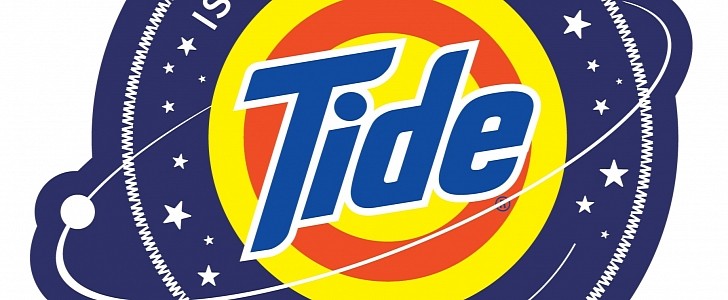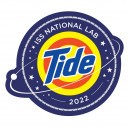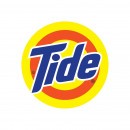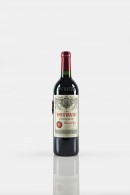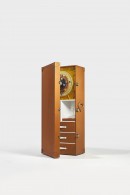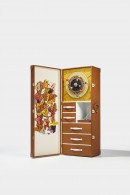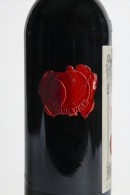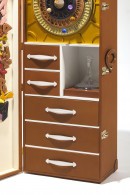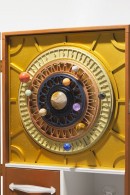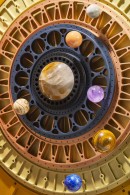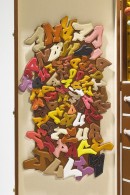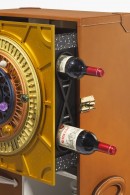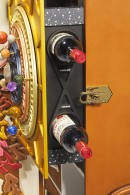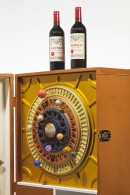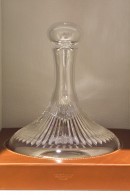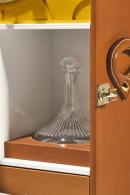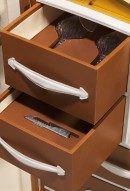Whenever you think about the requirements of an astronaut’s life, perhaps last on your mind is how it incorporates mundane stuff we’ve long taken for granted back on Earth. Eating, using the toilet, or even the one chore no one likes doing around the house—laundry—remain serious challenges in zero gravity.
Currently, astronauts have a galactic issue with dirty laundry in that it never gets cleaned. That means exactly what you think it means: astronauts wear the same clothes until the stench, the stains or the feel of them render them completely unusable. The entire outfit gets thrown away and replaced with a new one. That means, according to a press release from Procter & Gamble, that 160 pounds (72.5 kg) of clothing per crew member are required annually—and every item is burned to avoid crowding the already crowded space of the space station.
Procter & Gamble has partnered with NASA and will be sending Tide to space. The idea is to create a product or a range of products that would work under the strict conditions of life in space and which, hopefully, will be adapted for stricter conditions of use back on Earth. Since regular Tide detergent can’t be used in space (if only for the obvious reason that they don’t have a washer up there), Tide pens and wipes will be developed for stain removal.
Under the same agreement, Tide will work with NASA on developing a washing and drying unit that would use a specially-formulated detergent. The biggest challenges are to create a unit that would work with a very limited amount of water per wash and, just as importantly, that would not render the water un-recyclable. On the International Space Station (ISS), urine and sweat are recycled and recirculated; wash water would have to be recirculated, too.
The idea of NASA’s partnering with a detergent company to send detergent to space might seem hilarious. Still, the issue Tide is tackling is one of serious concern, especially because it anticipates space colonization and could have implications in certain scenarios on Earth. Astronauts have been able to make do until now with dirty laundry, but with looming missions to the Moon and Mars and the possibility of colonizing the Red Planet, this kind of waste will not do. Plus, whatever Tide learns in space could be used to enhance resource efficiency back home.
Procter & Gamble has partnered with NASA and will be sending Tide to space. The idea is to create a product or a range of products that would work under the strict conditions of life in space and which, hopefully, will be adapted for stricter conditions of use back on Earth. Since regular Tide detergent can’t be used in space (if only for the obvious reason that they don’t have a washer up there), Tide pens and wipes will be developed for stain removal.
Under the same agreement, Tide will work with NASA on developing a washing and drying unit that would use a specially-formulated detergent. The biggest challenges are to create a unit that would work with a very limited amount of water per wash and, just as importantly, that would not render the water un-recyclable. On the International Space Station (ISS), urine and sweat are recycled and recirculated; wash water would have to be recirculated, too.
The idea of NASA’s partnering with a detergent company to send detergent to space might seem hilarious. Still, the issue Tide is tackling is one of serious concern, especially because it anticipates space colonization and could have implications in certain scenarios on Earth. Astronauts have been able to make do until now with dirty laundry, but with looming missions to the Moon and Mars and the possibility of colonizing the Red Planet, this kind of waste will not do. Plus, whatever Tide learns in space could be used to enhance resource efficiency back home.
